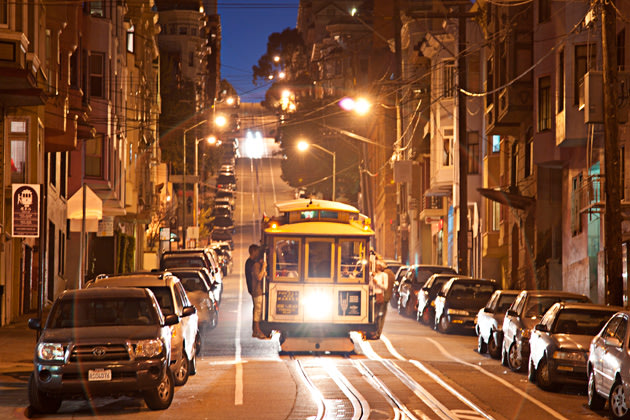It's impossible to say what's "best" for everyone, of course. But where's the fun in not trying? Welcome to Businessweek.com’s second America’s Best Cities ranking. With assistance from Bloomberg Rankings, Businessweek.com evaluated 100 of the country’s largest cities based on leisure attributes (the number of restaurants, bars, libraries, museums, professional sports teams, and park acres by population); educational attributes (public school performance, the number of colleges, and graduate degree holders), economic factors (2011 income and June and July 2012 unemployment), crime, and air quality. Major professional league and minor league teams, as well as U.S.-based teams belonging to international leagues in that city were included. The greatest weighting was placed on leisure amenities, followed by educational metrics and economic metrics, and then crime and air quality. The data come from
Onboard Informatics, except for park acreage, which comes from the
Trust for Public Land. As the methodology has changed since the 2011 ranking, a city’s rise or fall compared with last year does not suggest that it has gotten “better” or “worse.”
San Francisco
Rank: 1
Population: 808,854
 Photograph by Degree
Photograph by Degree
The City by the Bay, this year's winner, provides residents with the best blend of entertainment, education, safety, clear air, and a prosperous economic base. As the heart of the Bay Area, San Francisco draws on the prosperity of Silicon Valley and possesses its own diverse history well represented at cultural centers such as the de Young Museum. Residents care fiercely about their cafés and causes; night life flourishes in the Mission and the Castro, while tech companies code away in SoMa.
Bars: 394
Restaurants: 3,430
Museums: 70
Libraries: 52
Pro sports teams: 2
Park acres per 1,000 residents: 7
Colleges: 17
Percent with graduate degree: 16
Median household income: $90,640
Percent unemployed: 7.8










































































No comments:
Post a Comment